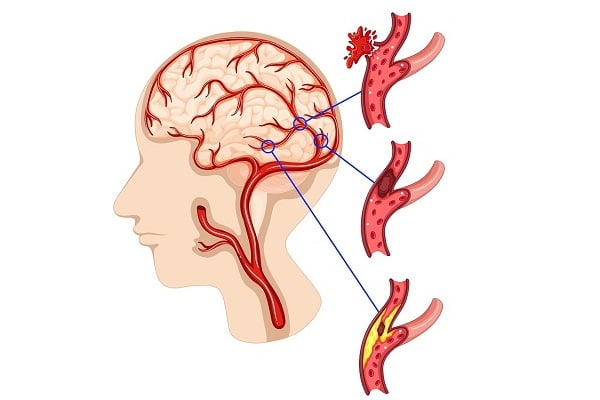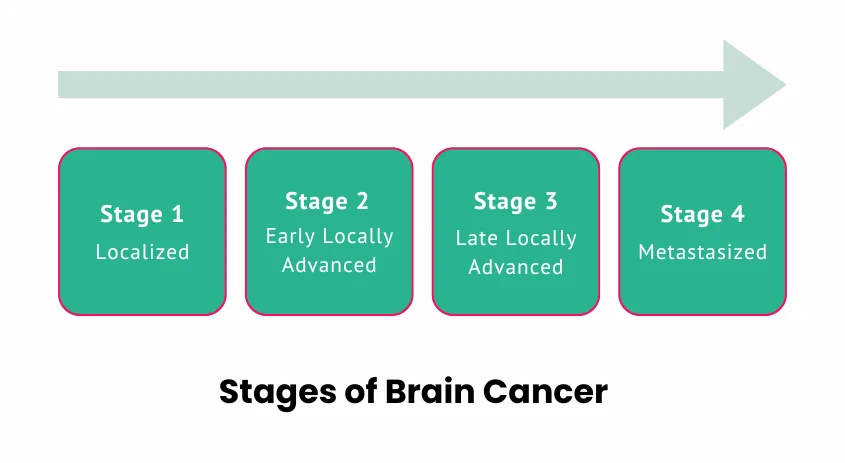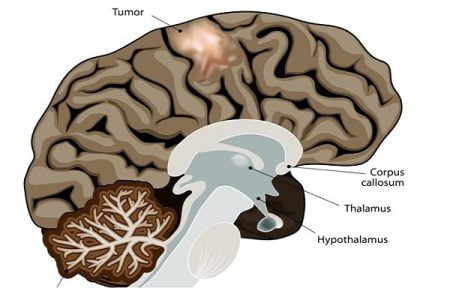
Understanding Grading of Brain cancer
For the diagnosis of tumor in the brain, doctors focus on factors such as the type of tumor, size of the tumor, age of the person, organs or surrounding area affected by it, additional molecular features that predict how quickly the tumor can grow, etc. These factors not only affect the diagnosis but also are helpful in determining the treatment strategy.
Grading of brain cancer is a more common term to refer staging of brain cancer. For a better understanding about the grading system, focus should be on the size and location of the tumor, type of tissue or cells affected, respectability, metastasis within the brain or spinal cord, metastasis beyond the brain or CNS, etc.
Progression of Brain cancer

To understand the metastasis of brain, we should know about the grading system:
- Grade I or Stage 1 brain cancer signifies that the tumor present in the brain grows very slowly. The chances of metastasis of brain cancer to nearby tissues at this stage are rare. There is a high possibility to completely remove the tumor via surgery. Read about brain cancer surgery.
- Grade II or Stage 2 brain cancer also represents slow tumor development. There are increased incidences that tumor in the brain may spread to nearby tissues or recurrence may be observed.
- During Grade III or Stage 3 brain cancer, the tumor might grow quickly and may metastasize to the nearby tissues. Researchers also say that the tumor cells appear different from normal cells.
- Grade IV brain cancer or Stage 4 is the state when the tumor has completely grown and has metastasized very quickly to the nearby tissues. Tumor cells actively divide and appear very different from the normal cells.
Spread of brain cancer: Terminal brain cancer
If the growth of the tumor cannot be controlled and no treatment is effective, the cancer is expected to be an advanced or terminal stage cancer. Terminal brain cancer is referred to both stage 3 and stage 4 brain cancers. Glioblastoma, a type of stage 4 brain cancer, is known to be the most aggressive brain cancer forms.
Stage 4 brain cancer survival rate is expected to be less than 8% all over the world and the average survival time is estimated to be about 10-18 months. Stage 4 brain cancer life expectancy is less than five years in most of the cases.
Brain tumors can be of low grade (benign) and high grade (malignant). Low grade cancer grows slowly and is majorly not treatable where as high grade tumors are fast growing and can be treated (with chances of recurrence).
It is found that the tumors in the brain very rarely metastasize to other parts of the body, but there are greater chances that these tumors may grow and affect other parts of the central nervous system. Researchers suggest that grading brain cancer is different from other cancer as tumors in the brain are graded based on how aggressive the tumor cells appear under a microscope.






